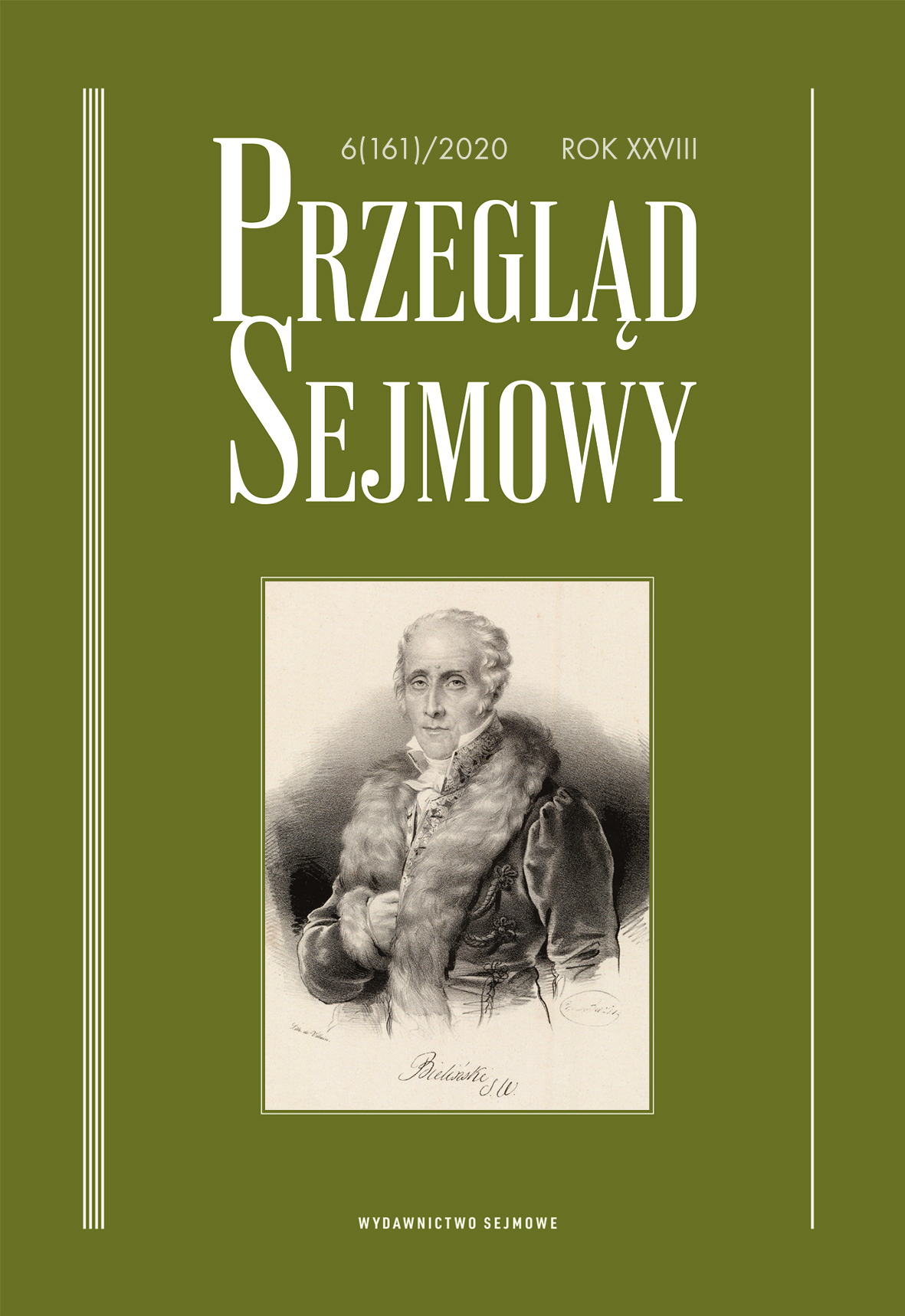Parlament Szwajcarii. Uwarunkowania historyczne i współczesność
The Swiss Parliament. Historical conditions and the present day
Author(s): Maciej AleksandrowiczSubject(s): History, Law, Constitution, Jurisprudence, History of Law, Political history
Published by: Kancelaria Sejmu
Keywords: Swiss Confederation; Swiss Constitution; parliament;principle of separation of powers;
Summary/Abstract: The purpose of the article is to define the specific features of the Swiss system. Some of these features could lead to the conclusion that one of the foundations of democracy, the principle of separation of powers, has been normatively rejected in that country. The formula of parliamentary supreme supervision over other authorities, which has been present in Swiss constitutional law since 1848, when literally reading a provision of the Constitution and in isolation from other regulations, may indicate not only an advantage, but even the subordination of the State apparatus to Members of Parliament. It would, therefore, be possible to speak of the dictatorship of the group that won the elections. The reference to historical experience and political practice shows that in Switzerland — although the position of the legislature is normatively dominant — we are dealing not only with a relationship of mutual inhibition of the authorities, but also with their traditionally determined cooperation. If we add to this a factor of control by citizens in the form of numerous and actually implemented solutions of direct democracy, we get an image of Switzerland as a democratic state in which the authorities respect the will of sovereignty.
Journal: Przegląd Sejmowy
- Issue Year: 2020
- Issue No: 6
- Page Range: 15-32
- Page Count: 18
- Language: English, Polish

